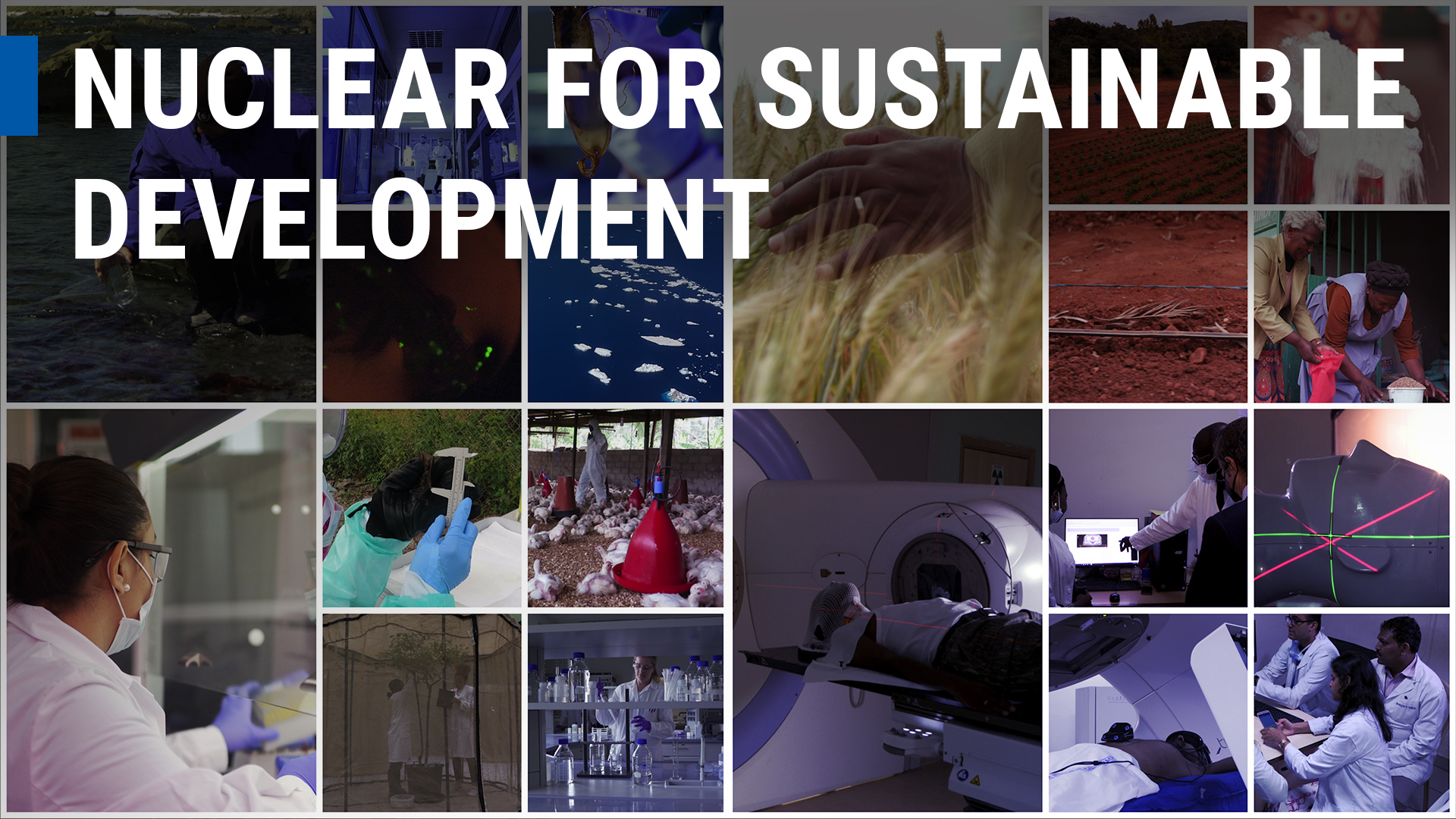The Role of Nuclear Science and Technology in Global Development
Nuclear science and technology have become pivotal in enhancing the quality of life across the globe. Their impact is particularly pronounced in sectors such as healthcare, food and agriculture, and environmental conservation. The International Atomic Energy Agency (IAEA) has been at the forefront of disseminating nuclear knowledge and fostering regional expertise for many years. Recently, the IAEA has launched four key initiatives that aim to expand and deepen its work, thereby enabling more nations to create a prosperous and sustainable future for their citizens.
Advancements in Healthcare
In the healthcare sector, nuclear technology has revolutionized the diagnosis and treatment of various diseases. Techniques such as nuclear imaging and radiotherapy have become essential tools in modern medicine. Nuclear imaging, for instance, allows doctors to visualize the functioning of organs and tissues, aiding in the early detection of conditions like cancer and heart disease. Radiotherapy, on the other hand, uses targeted radiation to eliminate cancer cells while minimizing damage to surrounding healthy tissue.
The IAEA has been instrumental in spreading these technologies globally, ensuring that even countries with limited resources can access them. By providing training and resources, the agency helps healthcare professionals in developing nations enhance their skills and improve patient outcomes.
Enhancements in Food and Agriculture
Nuclear techniques have also made significant contributions to the field of agriculture. One such technique is the use of radiation to induce mutations in plants, leading to the development of new crop varieties that are more resistant to pests, diseases, and environmental stresses. This approach has been successful in increasing crop yields and ensuring food security in many parts of the world.
Moreover, nuclear technology is used to study soil and water management, helping farmers optimize their use of these vital resources. By understanding how water and nutrients move through the soil, farmers can implement more efficient irrigation and fertilization methods, reducing waste and improving crop productivity.
Environmental Conservation Efforts
Environmental conservation is another area where nuclear science has proven invaluable. Techniques such as isotope hydrology allow scientists to trace the movement of water in the environment, providing insights into the sustainability of water resources. This information is crucial for managing water supplies, especially in regions prone to drought or over-extraction.
Additionally, nuclear technology is used to monitor pollution levels in the air, water, and soil. By identifying the sources and pathways of pollutants, policymakers can develop more effective strategies to protect the environment and public health.
IAEA’s Flagship Initiatives
The IAEA’s recent initiatives are designed to build on these successes and extend their benefits to even more countries. These initiatives focus on enhancing regional cooperation, building local expertise, and ensuring the sustainable use of nuclear technologies. By fostering collaboration between nations, the IAEA aims to create a network of experts who can tackle global challenges using nuclear science.
Good to Know: The Safety of Nuclear Technologies
While the benefits of nuclear technologies are vast, it is important to address concerns about their safety. The IAEA plays a crucial role in establishing international safety standards and providing guidance on the safe use of nuclear techniques. Through rigorous research and regulation, the agency ensures that the risks associated with nuclear technologies are minimized, allowing their benefits to be realized without compromising safety.
Public Perception and Reactions
Public perception of nuclear technology can be mixed, often influenced by historical events and media portrayals. However, as more people become aware of the positive impacts of nuclear science in areas like healthcare and agriculture, attitudes are gradually shifting. Educational outreach and transparent communication by organizations like the IAEA are key to fostering trust and understanding among the public.
Conclusion
Nuclear science and technology have the potential to drive significant improvements in human health, food security, and environmental sustainability. Through the efforts of the IAEA and its partners, these benefits are being realized in countries around the world. As the agency continues to expand its initiatives, it is paving the way for a future where all nations can harness the power of nuclear technology to create a better quality of life for their citizens.
For more detailed information, you can visit the IAEA website.
For more Information, Refer to this article.


































